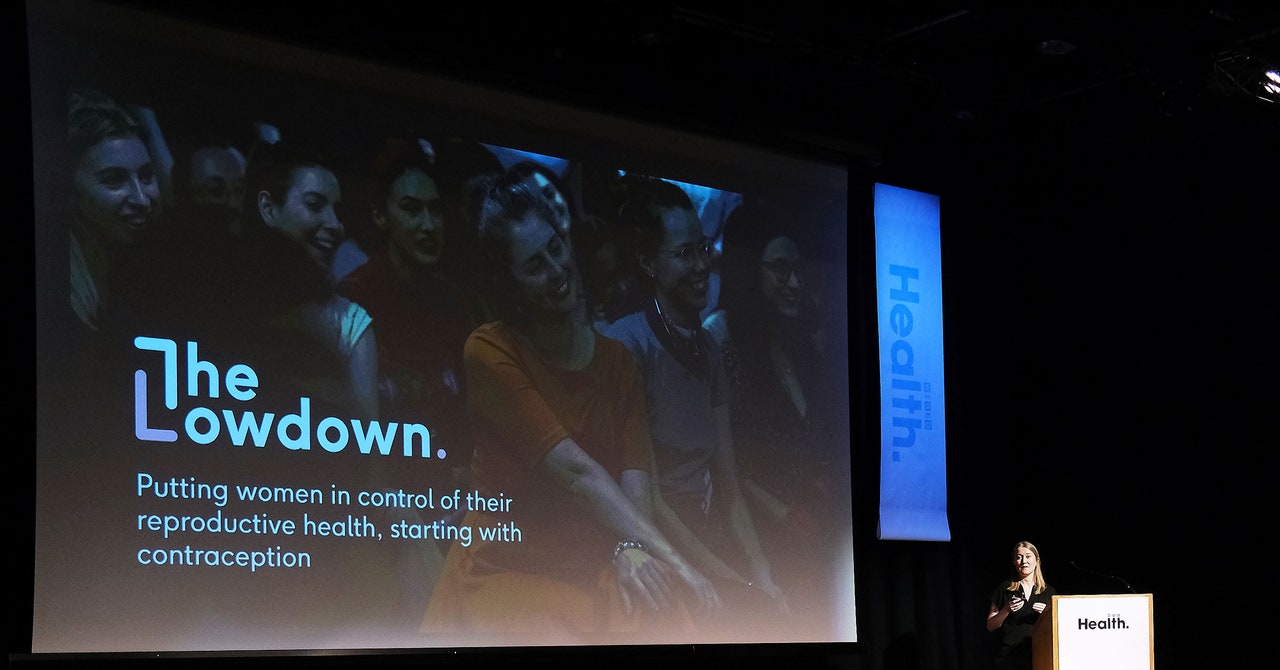
Ironically, contraception is a “very unsexy part of science,” says Alice Pelton, founder of The Lowdown, a review platform for contraception that’s run by women, for women. The field of women’s reproductive health is “badly underserved,” Pelton says, and receives just a fraction of the funding it deserves. Side effects of contraception are common, and quality medical advice is scant. Women are suffering as a result.
In March, on stage at WIRED Health, Pelton described how The Lowdown is a remedy. The key, she believes, is in equipping women with a bounty of information—both hard data and the personal accounts of others—to help them identify which form of contraception is best for them.
When Pelton was 16, she was put on a contraceptive pill. She found it completely changed her personality, causing her to feel depressed, damaging her relationships, and making it difficult to work. She was “one of millions of women,” she says, who “experienced devastating side effects from being on the wrong [contraception].”
In 2018, after realizing that her friends struggled with similar problems, Pelton landed on the idea for The Lowdown: A platform populated with crowdsourced information on contraceptives of all shapes and sizes, from pills and patches to injections and IUDs.
Since it launched the following year, The Lowdown has grown rapidly. It’s now visited by 2 million women each year, says Pelton, and houses information on as many as 100 methods and brands of contraception. The startup has also rolled out a contraception subscription service to help women access a broader range of methods than are available to them locally.
In its next stage of growth, The Lowdown will focus on harnessing the data it has collected to develop services that solve additional reproductive health issues. The team has already built a contraception recommendation tool and a calculator that explains what to do if someone misses a pill. “We’ve only just got started,” Pelton says.
“Community-led health care has the power, potential, and scalability to change the lives of billions of women,” she adds. “Women are not ill, they are not patients. The problems they have are being treated in the wrong way.”


